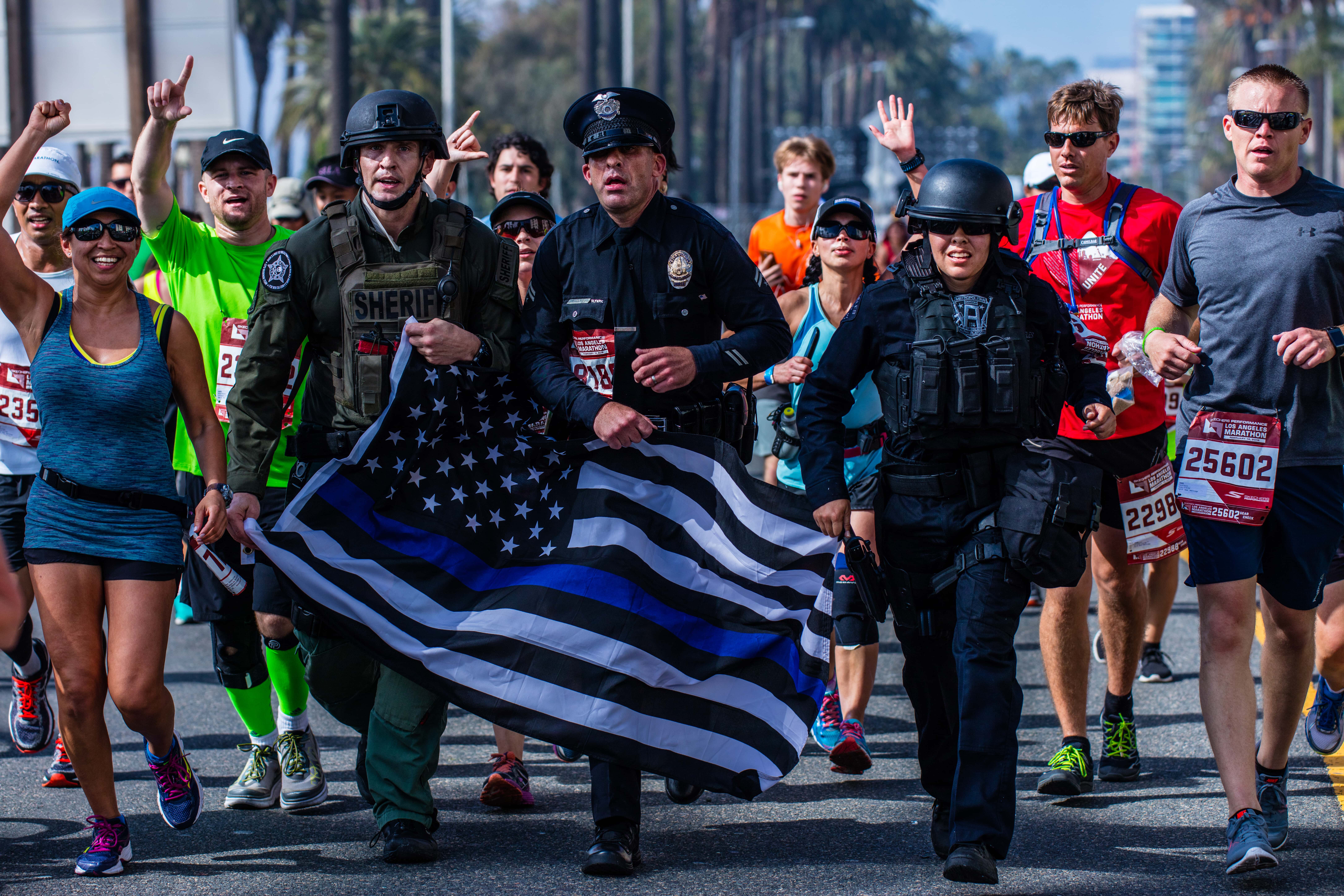As police officers, we know before entering the Academy that the job comes with risks. We know it’s a dangerous job, and that every person we encounter on a routine traffic stop or a domestic violence response might have a gun that they’re prepared to use. We’re willing to accept those risks because we believe in public service and fulfilling our duties. Our calling is to help and protect people and to improve society in whatever way we can. Thus, we are disappointed in the state Supreme Court ruling that California police departments shall not have a blanket right to conceal the names of officers involved in shootings.
California Supreme Court Associate Justice Ming Chin recognized the threats we face in his dissent opinion regarding the Los Angeles Times’ lawsuit seeking to force the Long Beach Police Department to release the names of officers involved in shootings. Unfortunately, the rest of the judicial bench did not agree and the court majority ruled in favor of the Times. Nevertheless, their judgment is the last word on this vital issue to the law enforcement community throughout California. In spite of the ruling, we will continue doing our part in vigilantly protecting the safety and privacy of all our police officers.
The concerns of the law enforcement community stem beyond privacy; they land primarily on the safety of our police officers. Officers identified as having shot and, in some cases, killed suspects, are in immediate danger because police shootings stoke strong emotions amongst the families of the suspects, those who’ve had a bad experience with the criminal justice system and those who instinctually equate use of force with police brutality and misconduct.
The reality of the Internet age is that with a credit card and a computer, access to an individual’s personal information is easily available. Addresses, spouse’s name, employer and children’s names are obtainable. Officers involved in shootings—and their families—are prime targets for revenge. Releasing the names of these officers creates a pathway for vengeance or anyone’s twisted concept of “justice.” To deny this safety to them is, at best, naïve.
The Times argues the public has a right to know the names of officers involved in shootings. We argue officers—and their wives, husbands and children—have a right to safety and to minimize the targets that they already are. We cannot afford to wait for a death of an officer or of an officer’s family member to spur legislation to correct the court’s decision.
We invite you to share your thoughts by leaving a comment below.











